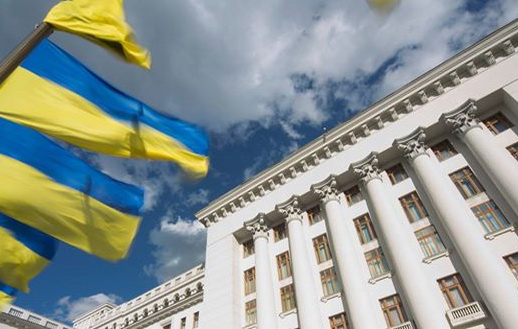Lawyer, graduated from the National University "Odesa Law Academy" with honors. Since 2017, I have been specializing in legal and educational and general legal issues. I am the author of legal articles, scientific publications and articles in the educational environment. Mentor of the "Veritas" legal clinic. The owner of the legal blog "Educational_law_ua" on Instagram.
Education is a fundamental component of modern society, and therefore protecting the rights of educators is an extremely important task. The guarantee of the rights of educators includes not only access to quality education, but also the provision of safe working conditions, decent salaries and social protection. One of the key tools for protecting the rights of educators is the analysis of documents, including agreements and contracts, regulating relations between educational workers and educational institutions.
Legal analysis of documents
Legal analysis of documents by a lawyer is a necessary practice to ensure that the rights of educators are adequately protected. This process includes a thorough review and evaluation of the documents that govern the legal relationship between educators and their employers. Such documents include employment contracts, contracts, agreements and other legal acts that define the rights and obligations of both parties.
The process of legal analysis of documents
Legality assessment: The lawyer checks whether the documents comply with the applicable legislation, including laws on labor, education, social protection, etc.
Content analysis: The lawyer evaluates the content of the documents to ensure that they contain all the necessary provisions, in particular regarding wages, working hours, holidays, social guarantees and other working conditions.
Identification of risks: The lawyer identifies potential risks that may arise from the concluded documents and suggests ways to minimize them.
Checking compliance with standards: The lawyer checks whether the documents meet international standards in the field of labor and education. Recommendations for changes: If necessary, the lawyer provides recommendations for changes to the documents to make them fairer and more transparent for both parties.
Legal analysis of contracts
Analysis of contracts is one of the key aspects of guaranteeing the rights of educators. This includes the review of contracts related to the employment of educational workers, contracts for the provision of educational services, etc. Legal analysis of contracts is aimed at ensuring that educators receive appropriate working conditions and are protected from any violations by employers.
The process of legal analysis of contracts
Checking compliance with the law: A lawyer checks whether the contract complies with applicable laws, including labor and education laws.
Assessing Clarity and Transparency: A lawyer analyzes the language of the contract to ensure that it is clear and accurate to both parties.
Checking the provisions: The lawyer checks whether the contract contains all the necessary provisions, including the description of duties, terms of payment, social guarantees, etc.
Identification of potential problems: The lawyer identifies potential problems that may arise from the concluded contract and suggests ways to solve them.
Recommendations to improve the contract: The lawyer provides recommendations to amend the contract, if necessary, to ensure fairer working conditions.
Legal analysis of the contract
Contracts are an important part of the legal regulation of educational relations. Legal analysis of contracts ensures the protection of the rights of educators in cases where they conclude contracts with educational institutions, for example, to provide educational services or conduct research. The process of legal analysis of contracts
Legal compliance check: A lawyer checks whether the contract complies with applicable laws, including laws on education, labor and other related areas.
Checking the clauses: A lawyer analyzes the contract to make sure it contains all the necessary clauses, including duties, remuneration, protection of intellectual property, etc.
Identification of risks: The lawyer identifies potential risks that may arise from the concluded contract and suggests ways to minimize them.
Checking the fairness of the terms: The lawyer assesses whether the terms of the contract are fair to both parties and provides recommendations for their improvement.
Recommendations for changes: If necessary, the lawyer provides recommendations for changes to the contract to ensure fairer and more transparent terms.
Conclusions
Legal analysis of documents, agreements and contracts is an important tool for guaranteeing the rights of educators. Through careful analysis and evaluation of legal acts, lawyers can ensure adequate protection of the rights of educators, including working conditions, social guarantees and other aspects of legal relations in the field of education. This contributes to the creation of a fairer and more transparent educational environment that meets the interests of both educators and educational institutions.





























